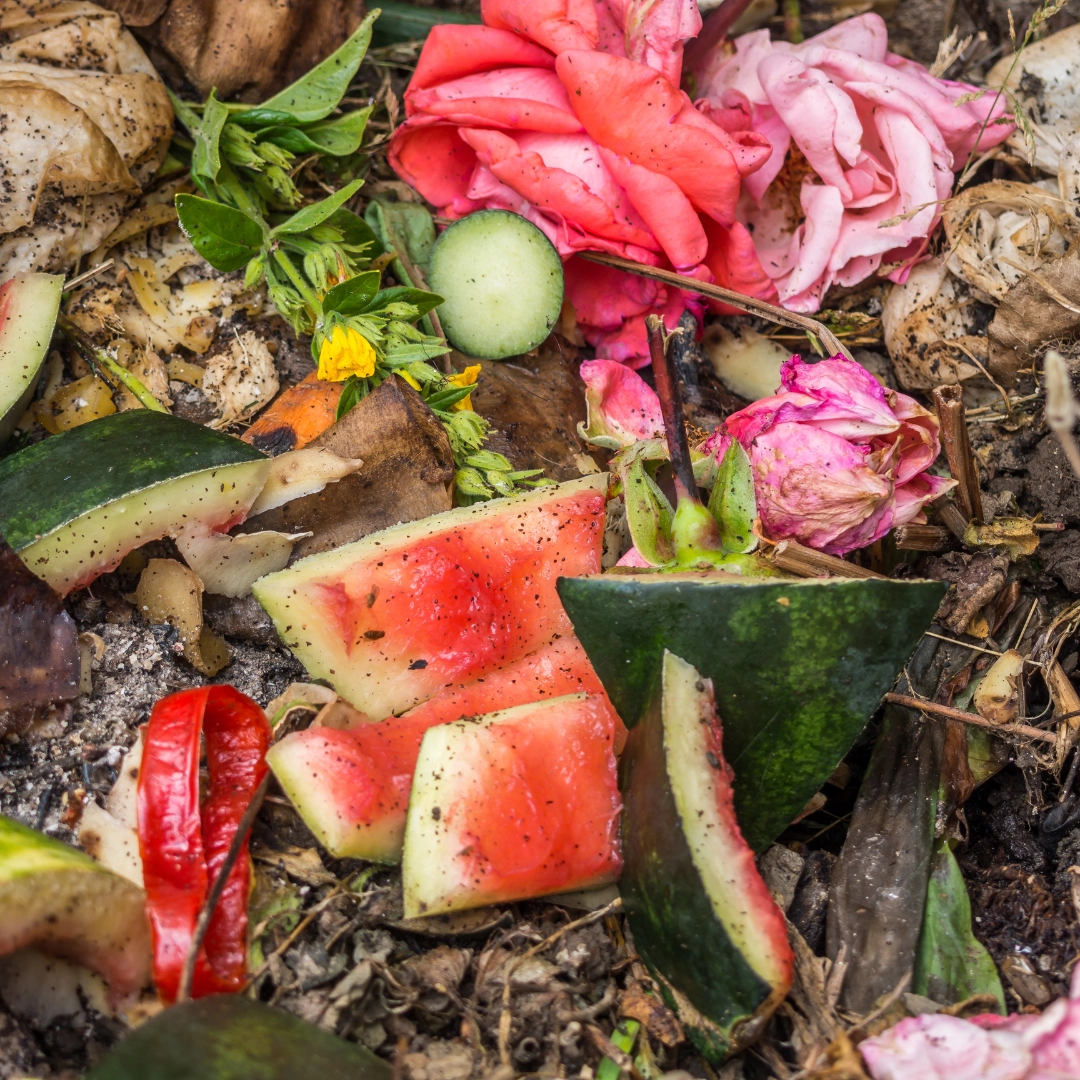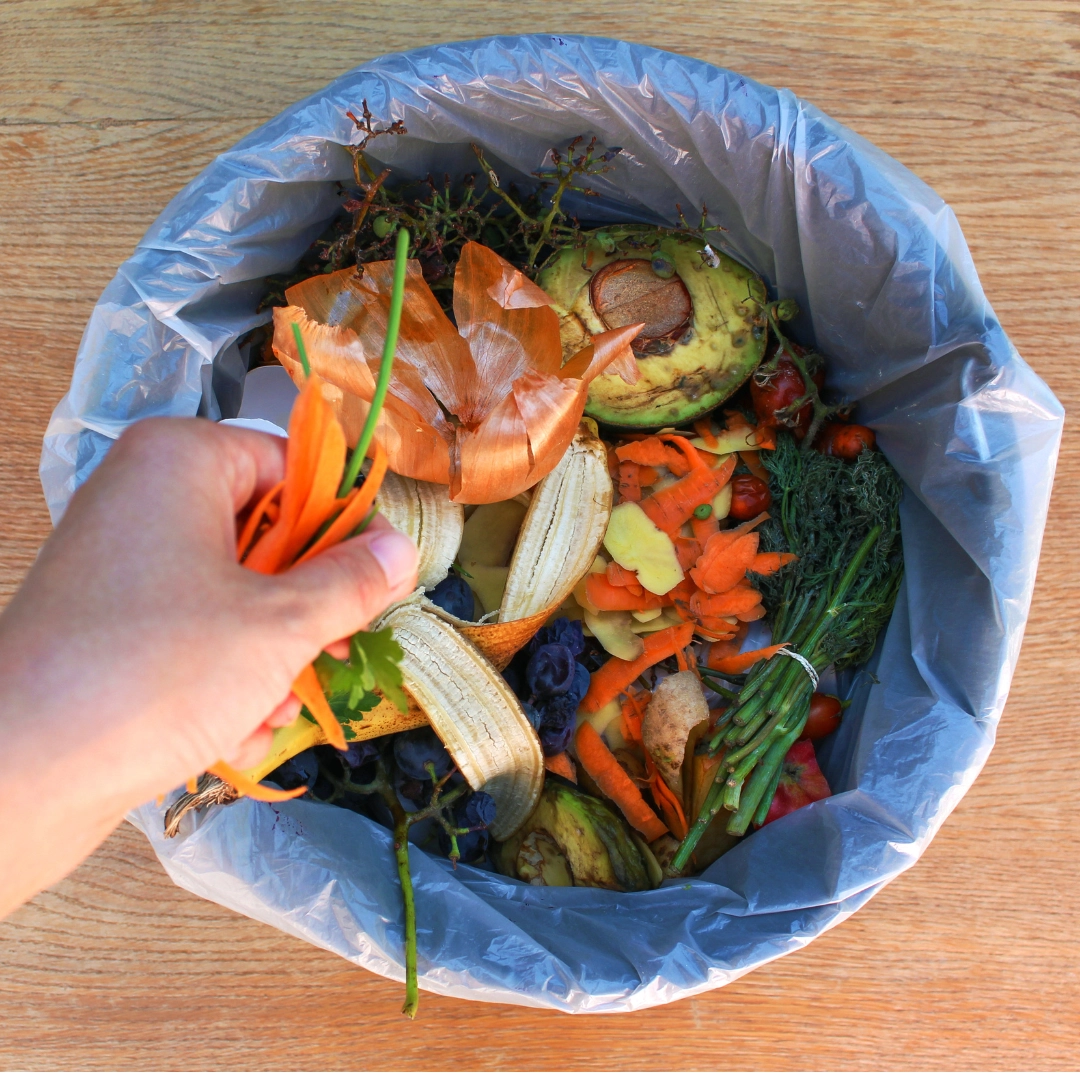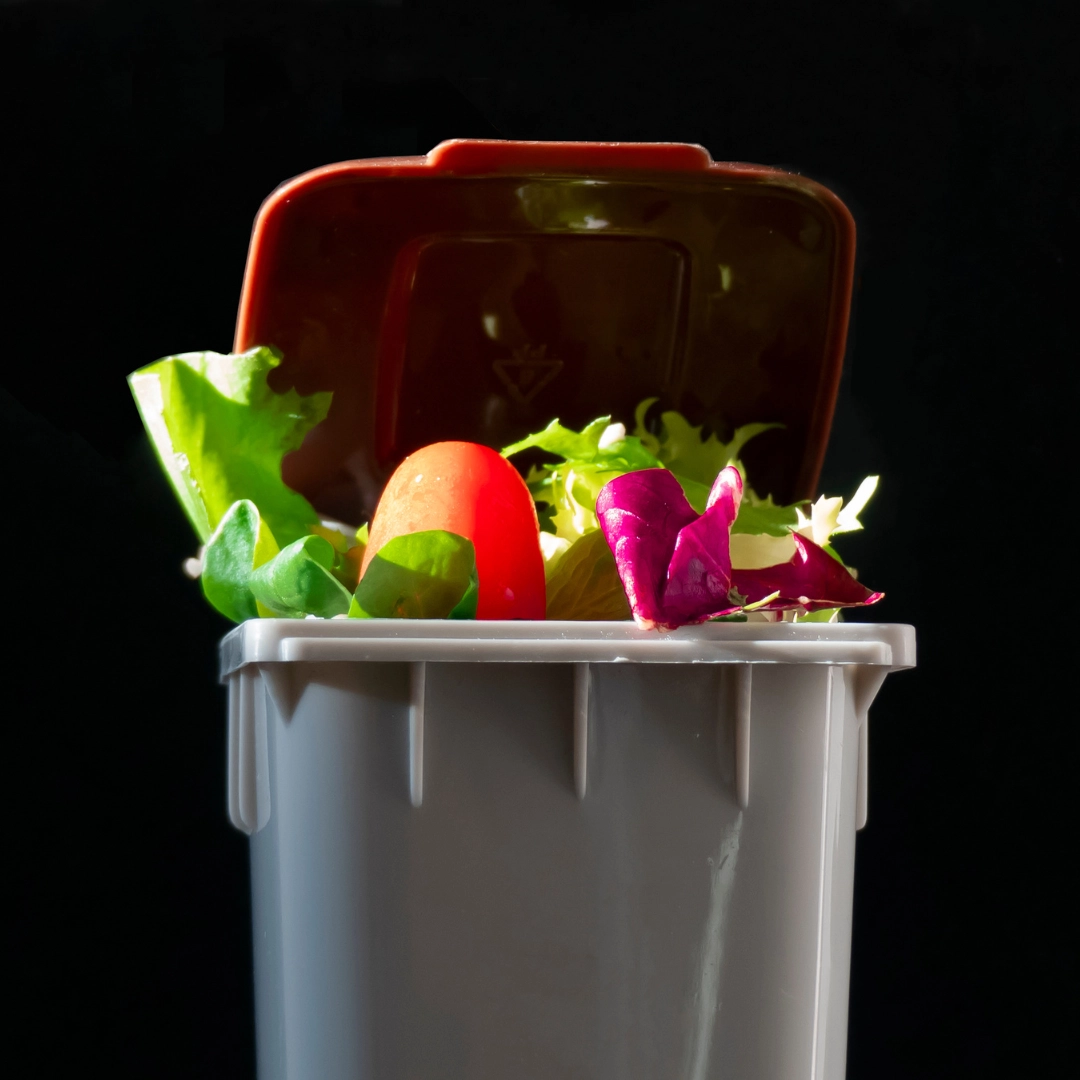Lets work together



Suite 3A, Chapel Allerton House, 114 Harrogate Road, Leeds, LS7 4NY
ukinfo@integrated-skills.com
+44 (0) 3300 888 670

It’s amazing what you learn on an ISL webinar…
Did you know that Victor Hugo was in living in Guernsey when he wrote Les Miserable? He was in exile there for 15 years after opposing Napoleon III’s coup d’état of 1851. Did you also know that Fife has a long history of golf, with the earliest records dating back over 600 years? It’s home to the famous St Andrews course.
It’s also amazing who you ‘meet’ on an Integrated Skills’ Wider Waste Webinar. Local authority service directors, operations managers, industry consultants and thought-leaders all join the fun. We bring leading voices together to explore real-world experiences and, in this particular webinar from June 2024, we discussed the process of introducing food waste collections.
The session focused on two pioneering case studies from States of Guernsey and Fife Council – both offering practical insights into how strategic planning, strong communication, and community engagement can drive success in food waste implementation.

Sarah Robinson: Transforming Guernsey’s Waste Strategy
Sarah Robinson, Operations Manager at the States of Guernsey, opened the session by outlining how the island’s waste management journey evolved from landfill dependency to achieving an impressive 73% recycling rate within just a year of launching separate food waste collections.
Guernsey, home to just over 60,000 residents, once relied heavily on landfill. A 2014 Waste Strategy placed the waste hierarchy at its heart, identifying food waste (around 40% of the island’s residual waste) as a key material to target.
By September 2018, Sarah and her team had implemented island-wide segregated food waste collections based on four key pillars:
A modern waste transfer station was constructed, capable of handling food waste, glass and general waste. Here food waste is pre-processed, turned into “Anaerobic Digestion soup,” and shipped to Biogen’s anaerobic digestion facility in Basingstoke.
Plans involved coordination with Guernsey’s ten parishes to establish weekly kerbside food waste collections adapted to local conditions. This included considerations for the continuation of Guernsey’s overnight rounds to reduce congestion on the island’s narrow roads.
Every household on the island received two caddies (kitchen and kerbside) along with free liners delivered via the post office. Replacements are available free of charge and additional liners are provided for free at local supermarkets, ensuring universal access to the right tools.
A comprehensive outreach campaign including leaflet drops, drop-in sessions, supermarket and local event stalls and media updates to drive awareness and participation were utilised.
To reinforce the new system, the island reduced residual waste collections from weekly to fortnightly and introduced a “pay-as-you-throw” scheme — charging per bag of general waste while making food waste collections free.
Results and Impact
The response was overwhelmingly positive. Participation reached over 90%, with household food waste capture rates above 80%. The proportion of food waste in general refuse dropped by 82%, equating to just 0.8kg per household per week. In fact, Guernsey’s 2030 recycling rate target was surpassed in the first year of operation.
Resident feedback shaped refinements such as switching caddy colours from black to silver to improve visibility after dark. Coastal weather challenges prompted inventive local solutions, from weighted lids to homemade wooden caddy shelters.
Beyond recycling, Guernsey’s focus has shifted to food waste prevention and home composting, supported by community education, recipe calendars with local chefs, and events such as the “Big Feed Lunch” to highlight the financial cost of food waste. As Robinson summarised:
“Don’t underestimate the power of good communications and making it as easy as possible for people to take part.”

Sandy Anderson: Tackling Flats and Communal Living in Fife
Next, Sandy Anderson, Service Manager at Fife Council presented the authority’s pioneering work in delivering food waste collections for flats – an area that continues to challenge many local authorities across the UK.
Fife is Scotland’s third-largest local authority, serving around 370,000 residents across 187,000 properties. While traditional kerbside services for houses were well established, participation from high-rise and communal properties remained low.
To address this, Fife Council partnered with Sustainable Sidekicks to design a research-led trial in three high-rise blocks (each with 86 mixed-tenure flats) to understand barriers and test engagement strategies.
Rather than a “one-size-fits-all” rollout, the team trialled communal food waste pods ,fitted with foot pedals and restricted apertures, ensuring hygiene and ease of use. Clear pictorial signage helped overcome language barriers, and residents received kitchen caddies with visual “what goes in” stickers.
The communications approach was creative and continuous:
Surveys revealed that the main deterrents were weak liners and concerns about smell or spills – particularly for residents on upper floors. In response, stronger 16-micron liners were sourced, and additional guidance offered.
However, positive feedback far outweighed the negatives. Residents reported cleaner bin stores, fewer odours, and improved satisfaction with waste areas. As Anderson noted, the most common reason given for taking part was “Because it’s better for the environment.”
Contamination was impressively low – only one out of 36 collections was rejected, and data showed consistent participation across the 12-week trial.
Using insights from the pilot, Fife Council secured £30,000 from Zero Waste Scotland’s Recycling Improvement Fund to expand the scheme. The rollout includes 30 new food waste pods and thousands of caddies and liners, with further plans to:
Anderson’s advice to other councils was clear:
“Plan your communications before launch, make it local and visual, and always have answers ready for residents’ concerns. The more informed they feel, the more they’ll take part.”
Shared Lessons
Both speakers highlighted several universal lessons for successful food waste implementation:
The experiences of Guernsey and Fife demonstrate that with planning, innovation, and genuine community engagement, even complex food waste systems can thrive.
From revolution to a hole in one (or small islands to large authorities), success depends on a balanced mix of strategy, communication, and adaptability. Lessons that all local authorities can take forward as the UK continues to expand food waste collection services nationwide.
Would you like to know more about ISL Explores the Challenges and First-Hand Best Practice in Food Waste Collection: Lessons from Guernsey and Fife? Fill in your details below and let us know how we can help.
Website Designed & Built by we are CODA